
The first historically black institution of higher learning began with the last wishes and money of a man born on a plantation in the West Indies, Richard Humphreys, a Quaker philanthropist who willed $10,000 to design and establish a school to educate people of African descent. He wrote, “to instruct the descendants of the African Race in school learning, in the various branches of the mechanic Arts, trades and Agriculture, in order to prepare and fit and qualify them to act as teachers….” African Institute was founded in 1837 and established on a farm several miles outside of Philadelphia. Its current name is Cheyney University of Pennsylvania and it rests on farm land donated by the Cheyney family. The First HBCU no longer focuses on trades and agriculture. While some of the university’s students are possibly children of farmers, it no longer produces farmers or offers an agriculture track.
It only makes sense. Farms in that area are now suburbs and small municipalities no longer dependent on agrarian culture. Farming, for most African Americans, is less desirable as a vocation. Cheyney graduates teachers, scientists and corporate business leaders.
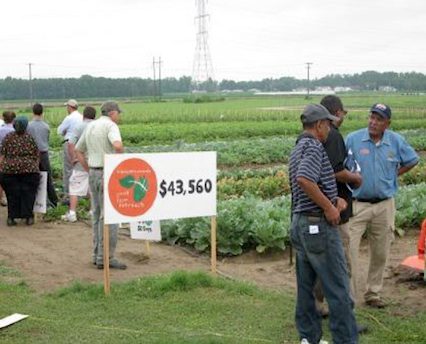
Most HBCUs or land-grant institutions were founded to educate the children of the formerly enslaved, sharecroppers and black farmers. Of the 100-plus HBCUs remaining, 19 have agriculture programs, and all but one (Delaware State) are located in the South near black farmers and black farming communities. These 19 HBCUs are classified as 1890 Land-Grant Institutions, because they were founded between 1866 and 1912. Agriculture is at the center of their academic and social missions. All 19 participate in the USDA’s National Institute of Food and Agriculture’s 1890 Land-Grant Program that provides funding to support research, facilities improvement, scholarships, extension programs with operational funding for black farmers, and centers of excellence at each institution.
The mission of the 1890 program is not too far removed from the mission of Cheyney and most other land-grant institutions at their founding, which was to ensure that freed Africans and African Americans would have the tools needed to survive and thrive in agrarian communities. The chief difference between then and now is 1890 institutions will draw on the brain trust of faculty and students from a broader scope of academic disciplines, and use their training and intellect to improve the plight of black farmers, economically and scientifically, in rural and urban areas. Each 1890 HBCU is required to create programs that benefit small farmers, including agriculture entrepreneurship models.

Virginia State University created the 43560 Project, an initiative that endeavored to make a dollar off of the 43,560 square feet in an acre of land. VSU’s innovation could prove important to both rural black farmers and urban farmers.
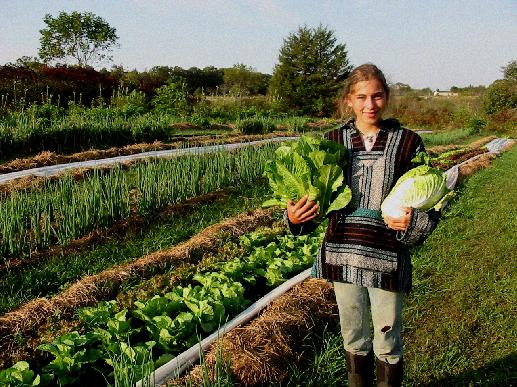
According to the Huffington Post, “Agribusiness development at these schools isn’t limited to the farm. At Kentucky State University, faculty and students in its College of Agriculture, Food Science and Sustainable Systems are working to enhance the region’s organic food output through aquaponics, a system where fish and vegetables are harvested together in an environment where both elements support the healthy growth of the other.”

1890 institutions are generating collaborative programs that are similar to the cooperatives forged by George Washington Carver’s at Tuskegee (an 1890 university). His work was great and the standard in many ways. The work of 1890 institutions will possibly have the same impact with a broader reach from rural farmlands to the front yards and rooftops of an urban neighborhoods. The new relationship between black farmers and HBCUs includes job creation, technological advancement, and ways for people to eat well and healthier.




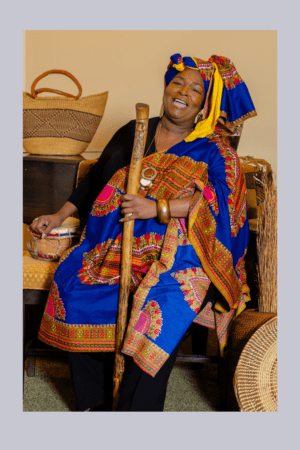
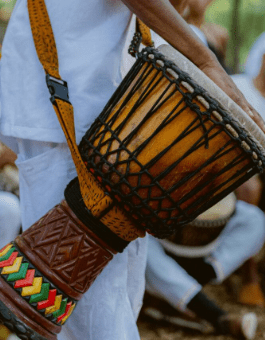
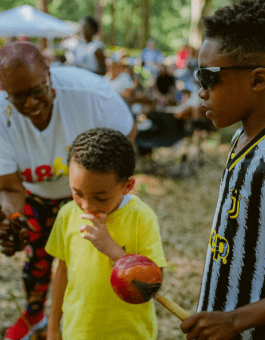
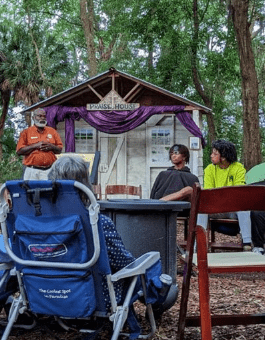
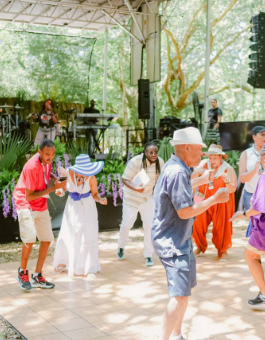




My friend Stacey Ferguson passed this along because she knew I would really appreciate this article. I have spent some time with several farmers of color over the years, often the 1890s schools are part of their path. Such a powerful force but we need more in this community. This year’s National Black Growers Council meeting included a talk by author Natalie Baszile. She gave us lots of inspiration and reminded us that while black farmers had done the lionshare of farming for years, the hard realities left many choosing other paths but agriculture is a path that could help communities build generational wealth…. Would love to see more discussing how to continue building the black community in this area. I look forward to featuring some black farmers in my new project — a podcast & website. In fact, there is a woman growing rice I’ve already talked to about doing an interview!